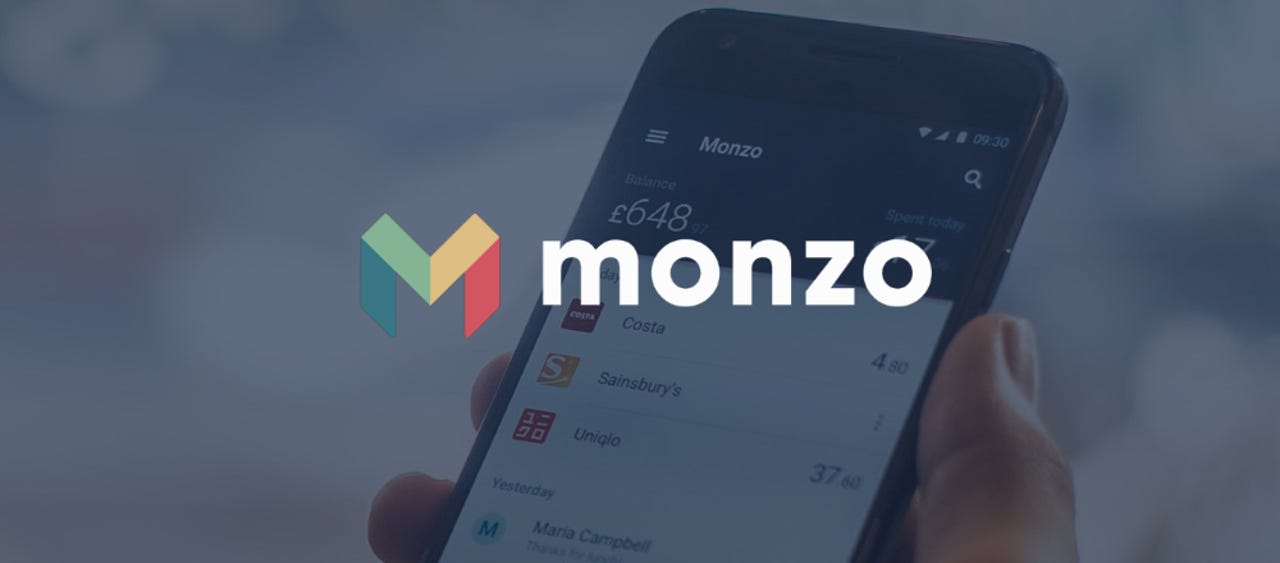Monzo admits to storing payment card PINs in internal logs


Monzo, a mobile-only bank operating in the UK, admitted today to storing payment card PINs inside internal logs.
TechRepubli
The company is now notifying all impacted customers and urging users to change card PINs the next time they use a cash machine.
Monzo described the issue as a "bug" that occurred when Monzo customers used two specific features of their Monzo mobile apps -- namely the feature that reminds users of their card number and the feature for canceling standing orders.
When Monzo customers used one of these two features, they'd be asked to enter their account PIN, for authorization purposes, but unbeknowst to them, the PIN would also be logged inside Monzo's internal logs.
Monzo said these logs were encrypted and that only a few employees had access to the data stored inside.
Monzo worked over the weekend to purge logs of customer PINs
The company said it discovered the bug on Friday, August 2, and spent all weekend removing PIN numbers from its internal logs.
As soon as it finished this operation, Monzo published a statement on its site on Monday morning, August 5.
The company also published an update for its mobile app on Saturday, August 3, so the apps won't send the account PIN code to Monzo servers anymore.
The company said that all users should update their mobile apps. Users who had their PINs recorded in Monzo's logs received email notifications. Users who didn't receive an email, were not impacted, the bank said. The number of affected users is around 480,000.
Monzo is a so-called "mobile bank" that launched in the UK in 2015, under the name Mondo. It doesn't have any branches and operates solely via its mobile apps.
The company said it passed over the one million users mark in October 2018. On its website, Monzo claims that over 55,000 people open an account every week. In June 2019, the company announced plans to launch in the US.
The "store passwords in cleartext" club
Monzo's mistake isn't an isolated snafu. Bigger names have made the same error in the past two years.
For example, just last month, one of Silicon Valley's latest tech unicorns, Robinhood, a web service for trading market stocks and cryptocurrency, also admitted to storing some users' passwords in cleartext in its logs.
Before that, Facebook admitted in March to storing passwords in cleartext for hundreds of millions of Facebook Lite users and tens of millions of Facebook users.
Facebook then admitted again in April to storing passwords in cleartext for millions of Instagram users.
Not to be outdown, Google admitted in May to also storing an unspecified number of passwords in cleartext for G Suite users for nearly 14 years.
And, a year before, in 2018, both Twitter and GitHub admitted to accidentally storing user plaintext passwords in internal logs.
2019's tech, security, and authentication trends
More data breach coverage:
- Poshmark clothing marketplace says hacker stole customer details
- Breach alert in South Korea after 1m card details were put up for sale online
- Voter records for 80% of Chile's population left exposed online
- Credentials stuffing attack prompts password resets for Sky customers
- Slack resets passwords for 1% of its users because of 2015 hack
- GitHub sued for aiding hacking in Capital One breach
- A hacker assault left mobile carriers open to network shutdown CNET
- 90% of data breaches in US occur in New York and California TechRepublic